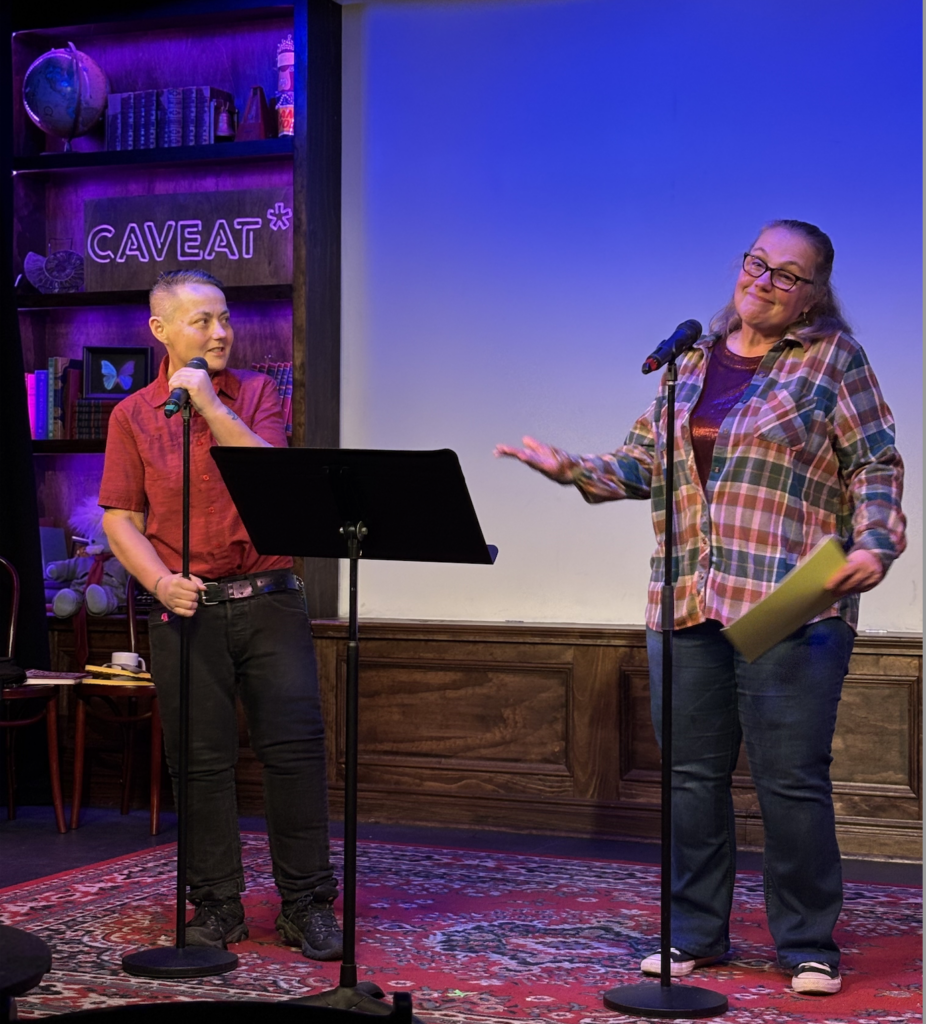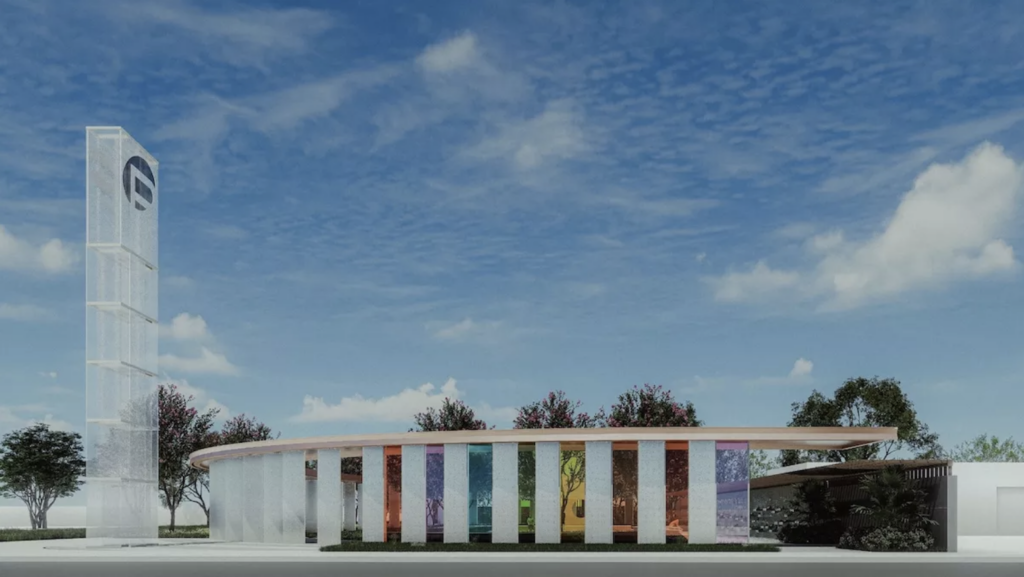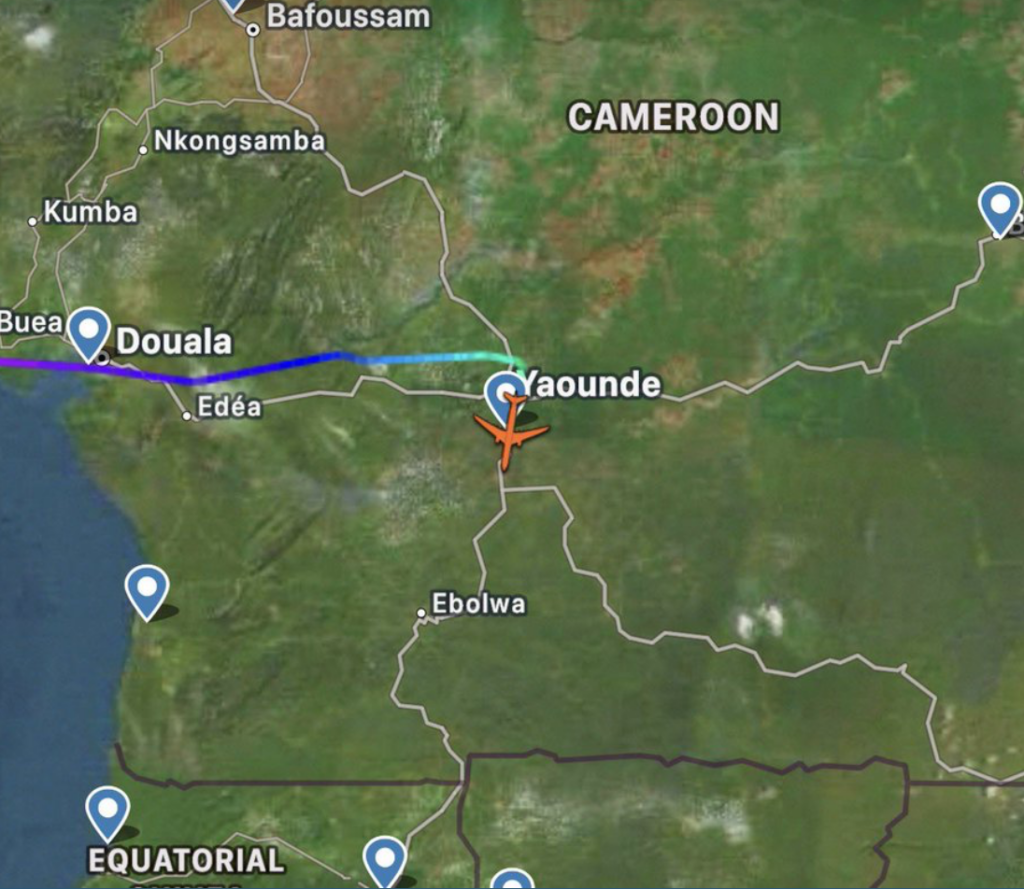What Exactly ‘Net Neutrality’ Is And Why We Should All Be Terrified Of Losing It

Without net neutrality this content might not exist.

If you are a person who hasn’t been living under a rock for the past month, you’ve probably heard at least some mention of this whole net neutrality thing that’s been going on. People are discussing the importance of net neutrality, the voting process in Congress, if the vote should go to the Federal Communications Commission (FCC), and what it would mean for us as internet consumers — specifically in the lesbian, gay, bisexual, queer and trans community.
But what exactly is net neutrality?
Net neutrality is the term used to describe a set of current regulations which ensure all information going into the internet is treated equally. Which basically means that internet providers don’t have the power to slow down certain websites loading speeds or block websites for their own financial gain.
To give you a real-life example, this means that providers like Verizon or RCN currently cannot charge you more money to visit certain sites like Tumblr or Hulu. At the same time, these providers are also prohibited from charging Tumblr or Hulu to prioritize their traffic or page loading speed over other websites.
This means that, until now, the internet was a fair and open space for competition. The best idea and the most user-friendly sites will conceivably be able to reach their ideal audience. Right now, the internet can’t become a place where one site monopolizes certain content. But that could swiftly change without net neutrality.
How will this impact the LGBTQ community?
That’s where the current argument lies between those in support of net neutrality and those against it. Those who support net neutrality see the way an open source internet works in our favor and they believe that without net neutrality, internet providers will do whatever they want — including charging Twitter and Facebook exorbitant amounts of money to increase their traffic. And thus, meaning those sites we all love and scroll through endlessly would then be charging us as consumers.
This means that all of the incredible online communities that LGBTQ people have built over the years could cost you $$$$ to even gain access. This means that you would have to be paying to even read these words right now. And that’s if smaller lesbian-owned publications like GO even have a chance to survive in a monopoly market. Companies like Facebook and NYT have the funds to pay off internet service providers to ensure their sites stay live and running at a user-friendly speed. These conglomerates also have the means already to not charge an arm and a leg to cover these new costs. Independently owned businesses would have to charge users a lot of money to even enter our sites in order to pay off internet service providers.
We have one more day to save #NetNeutrality !!! Without it, this is what the internet could look like 👇🏽 pic.twitter.com/kQtxPBk6aI
— Anna Horford (@AnnaHorford) December 13, 2017
In 2013, GLSEN released a study on digital practices of LGBTQ youth. While they did find that queer youth experienced more online bullying than their straight and cisgender peers — they also found that there were incredible positive impacts of internet access on LGBTQ youth.
Having access to an open internet allows young LGBTQ people to get informed, feel affirmed, and connect with peers. Only 12% of millennial students report same-sex relationships being covered in their sex education classes– making it no surprise that LGBTQ students are 5 times more likely to search for information about sex and sexuality online. LGBTQ youth are also far more likely to use the internet for health and medical research. And when facing homophobia at home or school, an open internet has become a lifeline for so many LGBTQ teens.
It’s clear that digital spaces have become a pivotal place for LGBTQ teens to find lifesaving resources. Without net neutrality, content creators would have to pay a lot of money to even get these resources to even reach LGBTQ people — let alone the cost it would take for consumers to gain access. This effectively allows internet providers to be the gatekeepers of what content has a chance to succeed online. Internet consumers should be able to decide what content they want to view and download. It should not be up to corporations to determine what sites we all can access.
A lot of LGBTQ people and organizations also have used the internet and social media to organize, share stories, and build businesses. It is safe to say that without net neutrality our access to creating our own small businesses and community organizations would be rendered much more difficult — if not impossible. Meaning, this would increase the cost of providing LGBTQ affirming content, reduce the amount of said content, and create further barriers in accessing this information.
And this doesn’t even begin to touch on the fact that without net neutrality, internet providers will have the power to block sites or censor online content. Who is to say that these providers won’t enforce anti-LGBTQ policies shutting off our safe digital spaces altogether?
There are two main reasons that marginalized communities, including LGBT people, use the Internet more than the typical U.S. citizen: 1) we are able to go online and connect to people we identify with, without having to battle the stigma and potential physical threat that comes with accessing LGBT-supportive physical spaces and 2) we are able to access services and information specifically for us — from dating sites to health information — tailored to our needs… not just a clumsy version of what’s made available to our heterosexual peers. – Mary L Gray, Ph.D.
This is personal.
I remember when I was going through my coming out process, I found watching YouTube videos about other LGBTQ people’s experiences to be very affirming. They talked about their families or their first time having sex with another woman or how to deal with homophobia. I found a reflection in these videos that gave me the empowerment I needed to come out to my family and friends. I can honestly say that without an open internet, coming out and navigating this messy and homophobic world would have been much more difficult and painful for me.
Whether it’s through social media, live streaming videos, podcasts or articles like this one — the LGBTQ community is a safer with access to an open internet with net neutrality. We know this to be true by our very existence. Everyday we have thousands of people visiting our site reading about women in the community or how to talk about mental illness or gaining positive information about safer sex.
Do you want to keep accessing free and fair information?
The FCC is voting on the proposed repeal tomorrow, December 14th. Call your congresspeople now to tell them you oppose.
Corinne Kai is the Managing Editor and resident sex educator at GO Magazine. You can listen to her podcast Femme, Collectively just stalk her on Instagram.












